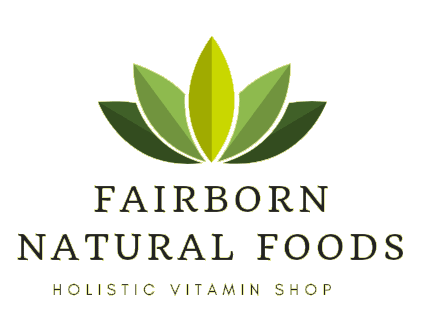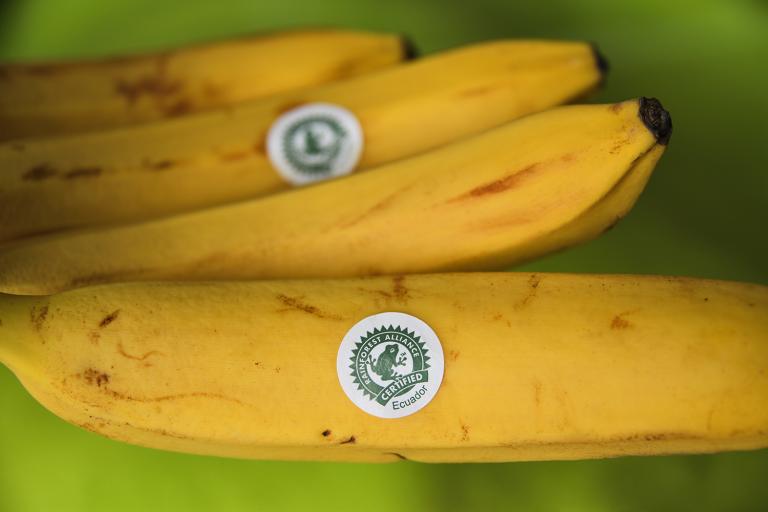Ascertaining if the products you buy have been sustainably sourced is getting easier as a host of organizations around the globe provide reliable certification for an increasing variety of foodstuffs.
Organizations such as TRAFFIC (the wildlife trade monitoring network) and the International Institute for Management Development (IMD)—working with conservation groups, such as the World Wildlife Fund and the Rainforest Alliance—have established networks of suppliers and strict standards to which those suppliers must adhere.
Sustainability Labeling
What Do Sustainability Certifications Mean?
Generally, these certifications mean:
- The products have been produced using sustainable, eco-friendly methods.
- The producers have been paid a fair price.
- The laborers along the way have been paid a fair wage and treated fairly too.
- The supply chain is transparent and democratically operated.
- The communities in which the producers operate get back a portion of the proceeds to help develop the region economically.
Label Endorsements
Look for labeling endorsements from these enterprises to be sure you’re getting food that satisfies not just your appetite, but your conscience too.
-
Marine Stewardship Council
Overfishing is a threat to many marine species and the ocean’s ecosystem. The Marine Stewardship Council (MSC) works to ensure that responsible fishing and aquaculture practices are used. You can find MSC-certified seafood suppliers in your area by using their website.
-
Rainforest Alliance
If you “shop the frog” you’re buying goods labeled with the Rainforest Alliance Certified green frog seal, a symbol of social, environmental, and economic sustainability. Its mission: To conserve biodiversity and ensure sustainable livelihoods by transforming land-use practices, business practices, and consumer behavior.
-
Fairtrade America
The Fairtrade America organization works to ensure sustainable production and farming practices, improved working conditions, environmentally friendly production, better prices and wages for farmers and workers, and transparent trade practices.
-
Fair Trade USA
Products that carry Fair Trade USA certification have been independently verified as being compliant with “fair” practices from farm to fork. The organization was founded in 1998 but split from the Fairtrade International organization in 2012.
Walking the Talk
Company websites are a great way to educate yourself about the approach a company takes to sustainability. Here are a few organizations with solid programs in place.
-
Frontier Natural Products Co-op
Iowa-based Frontier Natural Products Co-op has been purveying eco-friendly products since 1978. Today, under its Simply Organic and Aura Cacia brands, you can buy everything from angelica root to yerba mate tea. Frontier specializes in herbs, spices, foods, teas, and body products.
-
New Chapter
New Chapter offers a broad selection of products that are NonGMO Project Verified, International Certification Services-certified organic, and NSF GMP Registered. It has also achieved B Corp Certification, which denotes adherence to rigorous standards of environmental performance, accountability, and transparency.
-
Gaia Herbs
In addition to its own farms in North Carolina, Gaia Herbs partners with other eco-minded growers and producers to deliver top-quality, sustainably produced products, including herbs, oils, extracts, and teas.

